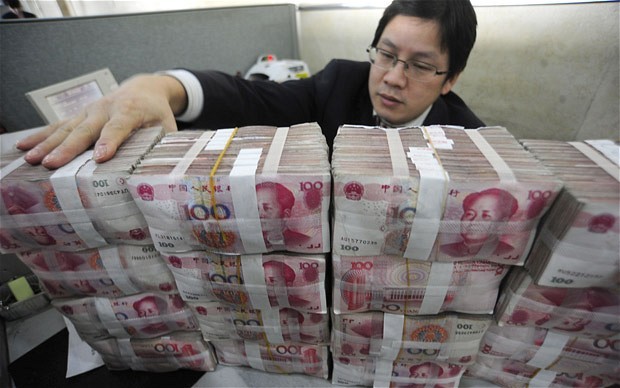Global markets on Wednesday continued to be weighed-in by China-led downslide. Persistent weakness in Yuan prices pressurized most emerging currencies to retreat; even as the political situation in the region became tense as news broke of nuclear tests by North Korea. Given the risk accentuation, sentiment veered towards safe investments – Japan’s Yen and the U.S. Treasuries.
Lower Yuan worrying
It was in the summer of 2015 that the Chinese Yuan was unexpectedly devalued. Ever since, the Yuan has been guided lower, triggering concerns of competitive devaluations among traders. The fear is that an extended round of devaluations will negatively affect emerging economies.
The continued low Yuan is seen by many as a tactic by the government to stimulate economic growth. Many feel the persistent low-hedging of the fund is indicative of the fact that the weakness of the Chinese economy is much lower than was perceived.
Others also believe that there is no option other than keep yuan low, since the U.S. Dollar has posted strong gains lately.
However, the low prices are expected to impact the country’s manufacturers, even as poor services sector, via data from private surveys, have set the Chinese stock market reeling since Monday.
Impact
While official surveys have been working to reiterate marginally higher ‘industrial performance’ private surveys have revealed stark reality in the Chinese factory activities realm. The expansion of these activities in December had been in nearly one and half years.
Hence Chinese economists are looking to rev-up the services sector so as to balance out the weakness in the manufacturing sector. Such a balance would also help in slowing down the sharp economic decline.
North Korean Nukes disturb
The big news which rocked stock markets in the region was the purported nuclear tests by the North Korean regime on Wednesday morning. This led to a sharp fall in South Korean markets, prompting a Bank of Korea official to comment that the ‘dollar-long positions’ from the start of 2016 will now be affected by the North Korean nuclear tests.




